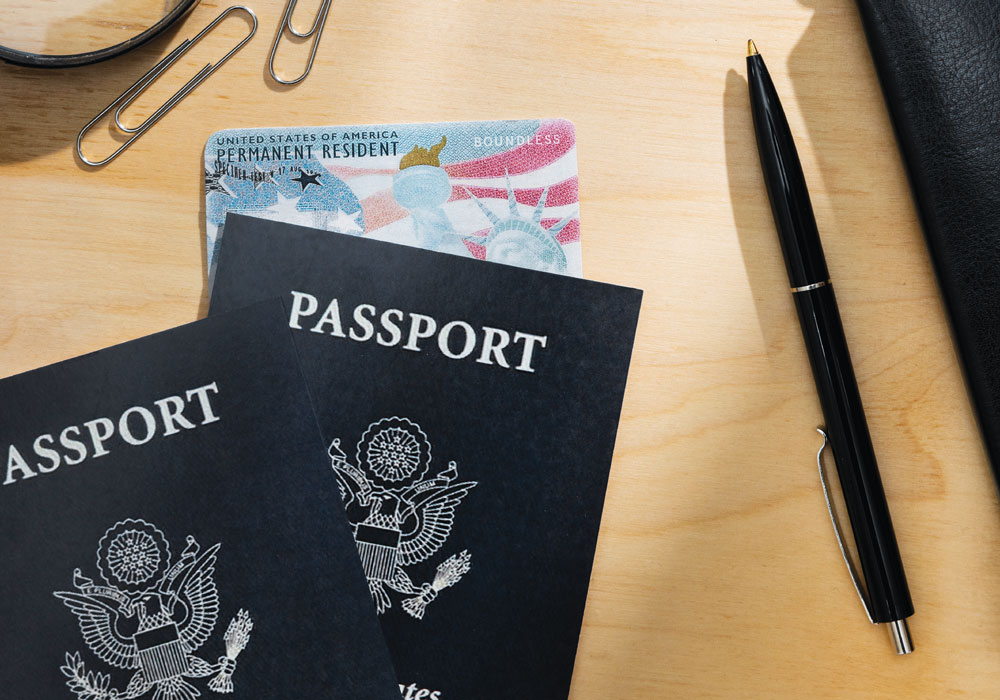Each year, close to 2,000 University of South Carolina undergrads venture overseas for once-in-a-lifetime educational opportunities. And behind the scenes, staff members are there to navigate new terrain, keep schedules running smoothly and provide emotional support when students feel stressed. USC TIMES sat down with five of them to learn more about what they do.
Pitching In
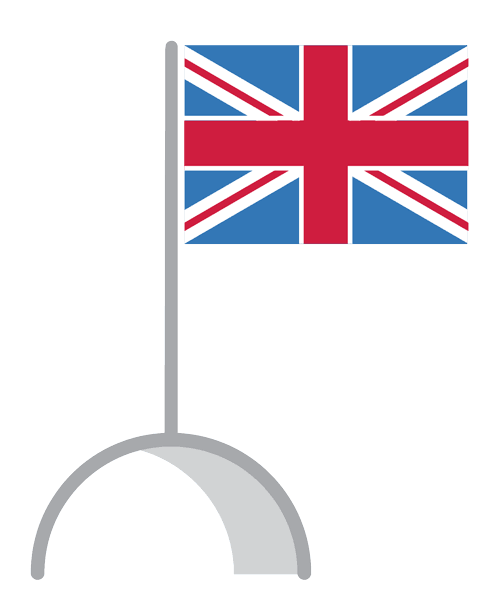
Christina Sayers, director of international affairs for the College of Hospitality, Retail and Sport Management, joined students this past spring break for the Business of Soccer in England trip with clinical instructor Matt Dunn and associate professor Nick Watanabe. It’s not her first time taking students abroad, nor is it her last — in May, she’ll pack her bags for The Golden Age of Portugal and Spain, led by associate professor of history Matt Childs.
I try to go on one of these trips every year because, at the end of the day, I assist with marketing and filling the trips, and it’s really hard to market a program if you’ve never been to that spot in the world before.
My role was daily communication, making sure that they stayed on a buddy system. If somebody was sick, I took them to the apothecary to get medicine or to get soup. I’m also type-A when it comes to planning. I can negotiate. And when it comes to transportation, I’m always pretty on it. So, every day I would check the bus schedule and the subway schedule and make sure everyone was in the lobby. If somebody wasn’t, I would go and knock on their door and remind them. I was just kind of that caring mother figure. Some of them even called me Mom because I wa s always checking in.
One of best experiences on this trip was going to AFC Wimbledon soccer stadium. We were able to meet the co-founder and life vice president of the team, Ivor Heller, who has been a fan since he was a kid. It was fantastic to meet someone who has worked his way up and done everything from selling tickets to now managing the team.
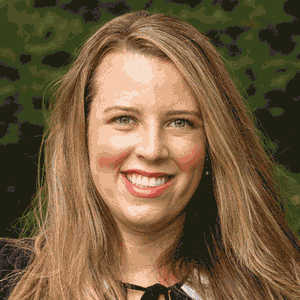
“I try to go on one of these trips every year because, at the end of the day, I assist with marketing and filling the trips, and it’s really hard to market a program if you’ve never been to that spot in the world before.”
My second favorite experience was going to Back to the Future the Musical. It was probably the best show I’ve ever seen — better than Hamilton. And I’m glad they incorporated that because our college isn’t just sport management — we’re also entertainment management. It was really special to see the looks on the students’ faces.
It was a great trip if you absolutely love soccer. And it was funny to learn about the banter that’s big with English soccer, and the little chants and the songs, and seeing our Gamecock students wearing their Gamecock gear but then singing the Chelsea song, for example. So that was a good experience. I look forward to seeing the trip take off next year!
Aruba 101
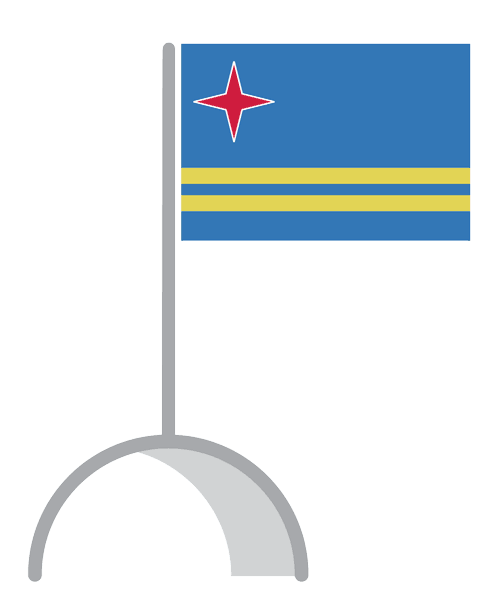
Kevin Metcalf, director of scholar programs for the South Carolina Honors College, went to Aruba last fall break with a special Honors section of University 101. Then the college’s study away coordinator, Metcalf worked closely with Associate Dean Andrea Tanner to design a trip that would align with Beyond the Classroom. This initiative requires each Honors student to have a high-impact experience in internships, research, service learning or study away.
Some of these kids have never been abroad. They have never been on an airplane. They’ve never even had a passport. Seeing them in those spaces for the first time was an awesome learning moment for me as well.
I remember one student was a little shaken about flying. He was like, “I think I just need someone to sit beside me.” I told him how when I first flew, I treated all the windows like television screens, like I was watching a broadcast. He did a lot better coming back. I hope experiences like that can help students conquer their fears.
One day, we took a ferry to a smaller island off the coast. The students did their service project there — planting mangrove trees — and learned how the trees prevent erosion. Then we gave them the afternoon off so they could go to the water park and visit the beach. They could snorkel in shallow water and see tropical fish.
Downtime is so important when you go abroad. Students are tired from the travel, from the experiences. You don’t need to go, go, go. And really, the basis of our Aruba trip was reflection. What are you doing? What are you learning? How can you pull these pieces into your normal day-to-day lives when you’re back in the States?
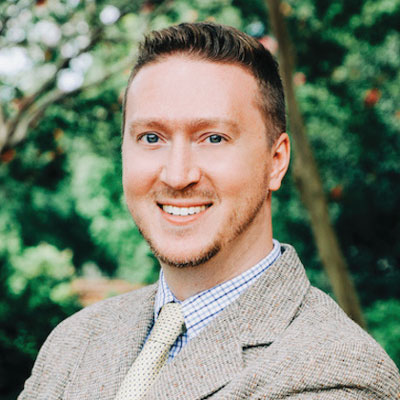
“Some of these kids have never been abroad. They have never been on an airplane. They’ve never even had a passport. Seeing them in those spaces for the first time was an awesome learning moment for me as well.”
Accessing a different culture is also important. Not everyone goes to Europe, and that’s OK. Europe can be expensive, but there are other places that aren’t necessarily that expensive. When I was studying international business, there was the option to go abroad, and I ended up spending six weeks in Querétaro, Mexico. I learned a lot about myself. That was my first time on an airplane, first time out of the country, first time living with a random host family and my first time speaking Spanish 100 percent of the time, as the family didn’t really speak any English.
When we did our reflections after the Aruba trip, seeing how students compared and contrasted their own life experiences to that of the Aruban culture, I think they got it. That was important for me to see.
The Fun Uncle
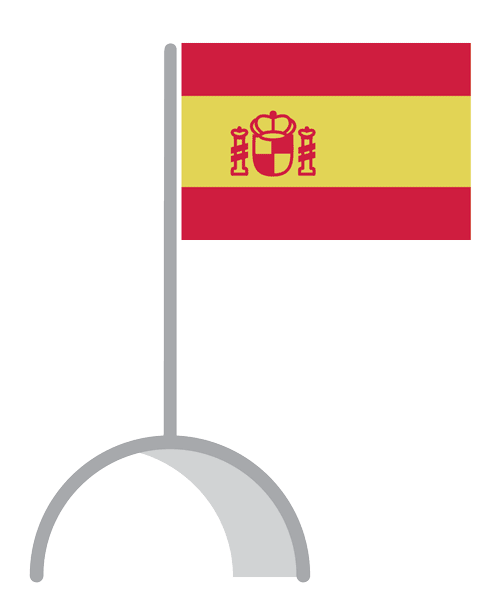
Art Farlowe, the senior academic advisor in the School of Journalism and Mass Communications, caught the travel bug when he accompanied his father on a work trip to Italy one summer during high school. In May 2022, Farlowe took a working vacation of his own — when he pitched in to help with the College of Information and Communications’ four-week Barcelona program.
We had 56 students, two faculty members — Scott Farr and Kim Thompson — and me. The day I got there, I found out Scott and Kim’s flight had been canceled and they were still in the United States. So I led an orientation for the students, something I didn’t expect to be in charge of.
Before I left, people would say, “Oh, you’re going to go chaperone.” And I would say, “No, I’m not a chaperone because these are adults. I’m just going to help.” And I did.
One student went into town one evening and had an allergic reaction to something she ate. And so, of course, she called me and said, “I don’t know what to do.” Her EpiPen was in her room. By then she was already on the train, so I said, “Sit beside an emergency exit where you can pull the lever if you need to, and stay on the phone with me the whole way.” I met her as soon as she got off the train and made sure she was OK.
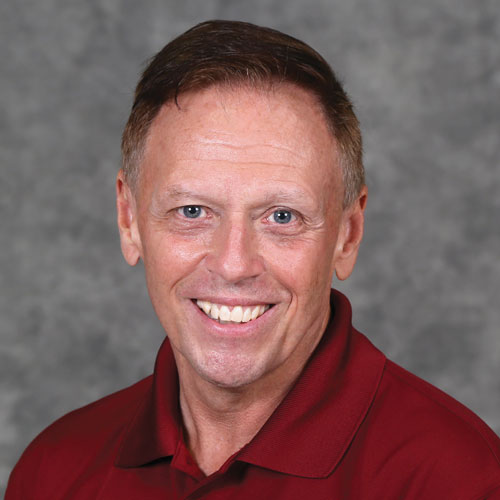
“The students liked having someone who wasn’t a faculty member. I didn’t control their grade, and I made time to listen if they needed to talk. I was more like the fun uncle.”
But I also had the chance to have my own adventures. One of the best parts of the trip was seeing Sagrada Familia, the big Catholic Church that they’re still building. It’s the world’s longest construction job. We had a tour guide who was fascinating, and the place was so pretty. We also went to Aix-en-Provence, France.
And then one day Scott’s wife, Renee, and Kim and I went to make shoes — the kind that you tie with strings up your leg — and I could not for the life of me get the needle in. I poked my hands until it looked like I’d been in a fight! Kim had finished her pair of shoes, had them laced up. Renee was done. I was still trying to get one shoe fixed. If it wasn’t for Kim, I would never have finished that other one. That was a good day.
The students liked having someone who wasn’t a faculty member. I didn’t control their grade, and I made time to listen if they needed to talk. I was more like the fun uncle. I still hear from probably 20 of them regularly. I’m sure for most of those people who went, Barcelona was the highlight of their experience at Carolina. I’ve been here 29 years, and certainly it has been the highlight of mine.
Vital Experience
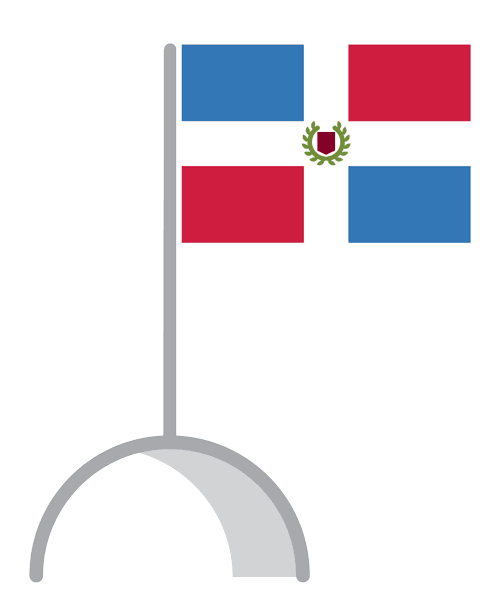
Cassandra Pope is the strategic workforce and training program manager with the School of Medicine’s South Carolina Center for Rural and Primary Healthcare. In her previous role as assistant faculty principal of the Galen Health Fellows, she and faculty principal David Simmons took students on a spring break service trip to the Dominican Republic, where they assisted physicians and learned more about community health care. The trip is paid for through the living and learning community.
I certainly traveled prior to going on the study abroad trips with my family — vacations, cruises and things like that. But actually being there with the Dominican families, seeing how they live and seeing the challenges that they have day to day — I never saw that in my travels.
My first time going to the Dominican Republic, I knew that I didn’t speak as much Spanish. I knew that I needed to. But I think I still had a tourist mindset, and that just wasn’t the reality. Even just using the restroom can come with challenges that you just don’t think about because you’re so far removed from them here in the United States.
Living with the host family was certainly an experience because they don’t speak much English even though they host a number of students. But it’s an opportunity to be immersed in the language, and it’s an opportunity to live with people who don’t have as much as you do. It’s not the United States for sure. Seeing the challenges they have, but also seeing how close-knit their families are and how they all work together to support each other is interesting, and I have enjoyed that portion of the trip each and every time.
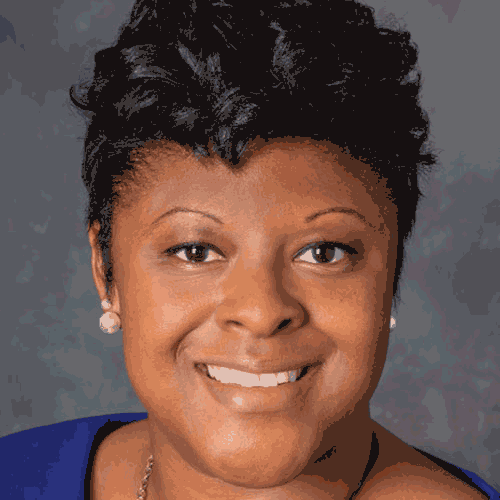
“We’ve had a number of students who have gone on to med school or osteopathic med school, and they’ve said they spoke about the trip during their interviews and it made the difference.”
I think sometimes students don’t understand the nature of going away and actually living somewhere else. There were several students who really had culture shock the first year we went. I encouraged them to talk through their feelings and talked to them about my own feelings as well. My job is to be on the same level with the students and help them understand what the culture is and why the culture is what it is.
And the experience, I think, is vital. We’ve had a number of students who have gone on to med school or osteopathic med school, and they’ve said they spoke about the trip during their interviews and it made the difference. If students are able to have the experience, they should certainly take advantage of it.
The Pasta Effect
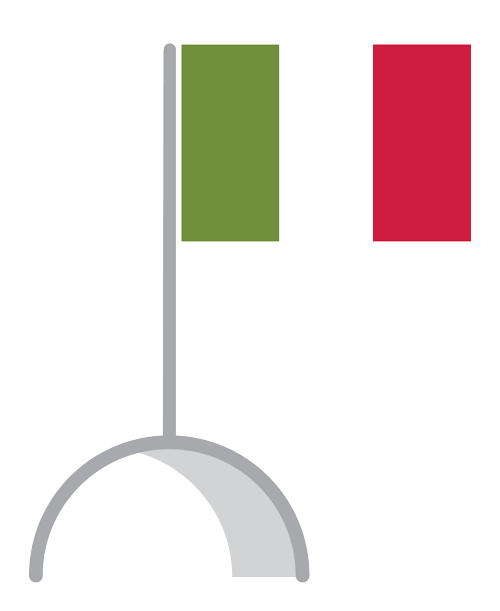
When Meredith McNeice interviewed at the Moore School 16 years ago, she was asked if she’d be open to going abroad. Her answer? “Absolutely.” Since then, she has gone from academic advisor to staff director of the international business program. Along the way, she has guided countless Moore School students through international experiences, including a trip with lecturer Courtney Worsham’s Marketing in Italy class last spring break.
I majored in marketing at the Moore School, and Courtney Worsham was actually my sorority advisor in college. So I felt like I got to come full circle partnering with her on this experience. It was like doing a class for my major, but 20 years later.
I had three students on my flight with me, and we were late out of Atlanta because of a huge thunderstorm. As soon as we got to our gate, we watched our plane leave without us. The students were panicking. These students have never traveled internationally. That was different from previous years — realizing COVID’s effect. I’m used to them having at least had a high school trip or something. At that point, I didn’t even know them yet, so I had to build rapport very quickly. I think they trusted me after that, knowing that I’ve done this before and we’re going to figure it out. And we all did figure it out. We still got there.
The cooking class with the students was my favorite. To show students, “This is a paring knife” — they just had no experience! They learned how to use the knife and prepare our stuffed shelled pasta. And then we got to roll out and make the egg pasta. It was just really fun. Everyone kind of let their guard down, and that’s when we really bonded.
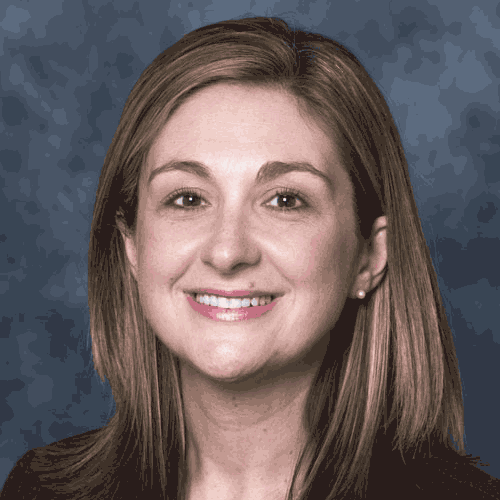
“I like staying in the loop, and trips like these keep me fresh. And I find it’s really helpful for me to realize where the students are and what kind of support we can provide.”
I helped them navigate the airports and customs and all of that, and I did a lot of head counting, making sure we had 22. I’ve never had that big of a group before. And I made sure they had a good experience. Some students aren’t as extroverted as others, and we didn’t want anyone to feel left behind, so that could mean including a student in a dinner with Courtney and me — “No big deal, come with us!” But also, the mom in me is like, “Does anyone need a Band-Aid? A hair tie? Who needs to go to the bathroom?”
I like staying in the loop, and trips like these keep me fresh. And I find it’s really helpful for me to realize where the students are and what kind of support we can provide.
Faculty Abroad: Wigs, robes and parliamentary procedure
Kirk Randazzo takes students across the pond
Since 2014, Kirk Randazzo has taken students to the U.K. for a Maymester course comparing
legal and governmental institutions of the United Kingdom and the United States.
Obviously, you can’t have a study abroad course without faculty to teach it — and every summer USC sends plenty of professors and instructors overseas to do just that. One of those is political science professor and department chair Kirk Randazzo. Since 2014, Randazzo has taken students to the U.K. for a Maymester course comparing legal and governmental institutions of the United Kingdom and the United States. In addition to London, this year’s class spent several days in Edinburgh, Scotland.
Kirk Randazzo didn’t get the chance to study abroad as an undergrad at USC, but his professional travel has shown him how it enhances one’s understanding of life back home. “Each trip made me realize how unique the U.S. is in many regards,” he says. “I wanted students to have similar opportunities to see these things.”
London was a natural choice because of England’s role in shaping American law and government. The itinerary included a visit to the Supreme Court of the United Kingdom to observe two cases and a visit to the Royal Courts of Justice to see judges and barristers in the traditional wigs and robes. In Edinburgh, students toured the Scottish Parliament and Scottish Supreme Courts.
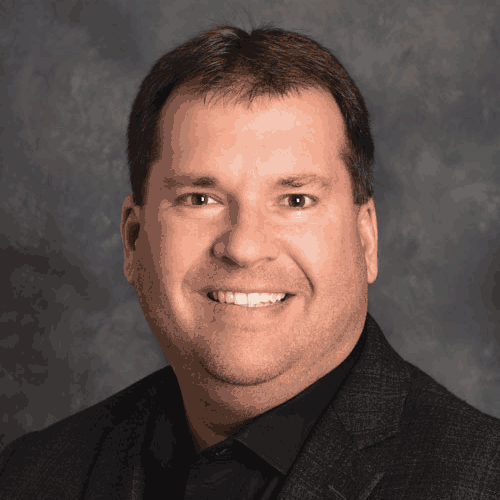
“Each trip made me realize how unique the U.S. is in many regards. I wanted students to have similar opportunities to see these things.”
Students also visited the British Museum, Buckingham Palace and the Scottish Highlands.
“My hope for students is that they will come to better appreciate both what they have in the U.S. and what other countries have to offer,” says Randazzo. “Each country has its own history through which their institutions and expectations have evolved. These make a profound impact on society that often we take for granted because we never get a chance to see another alternative.”
